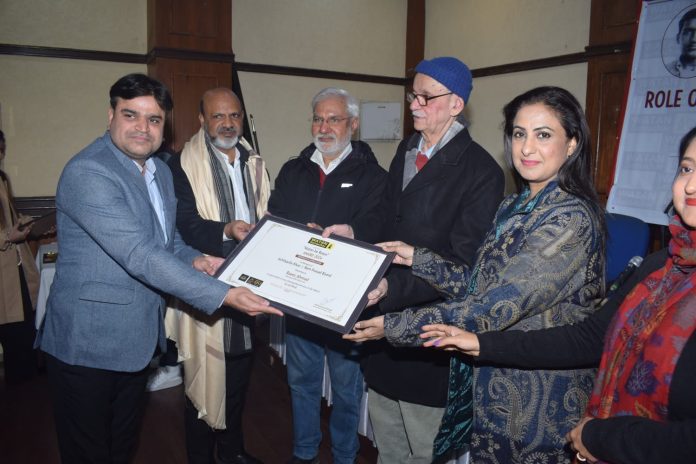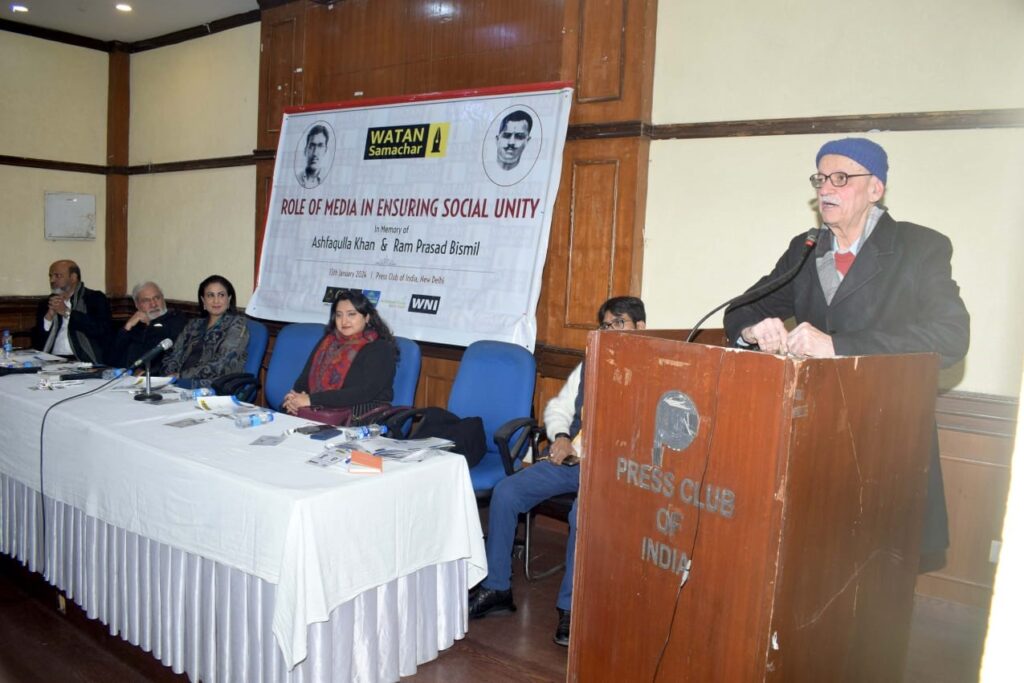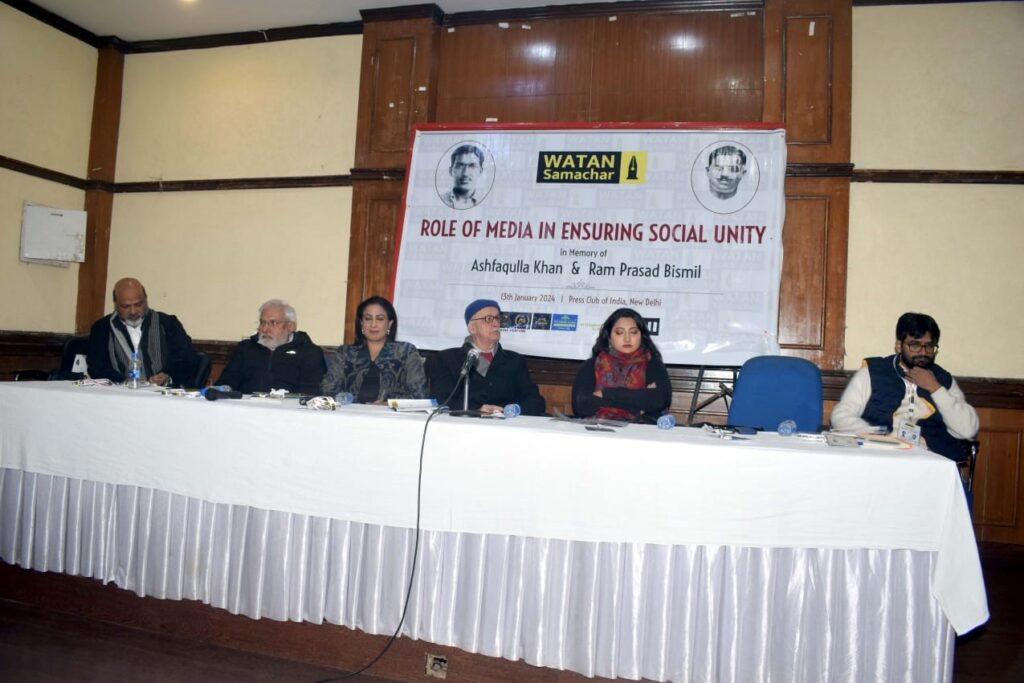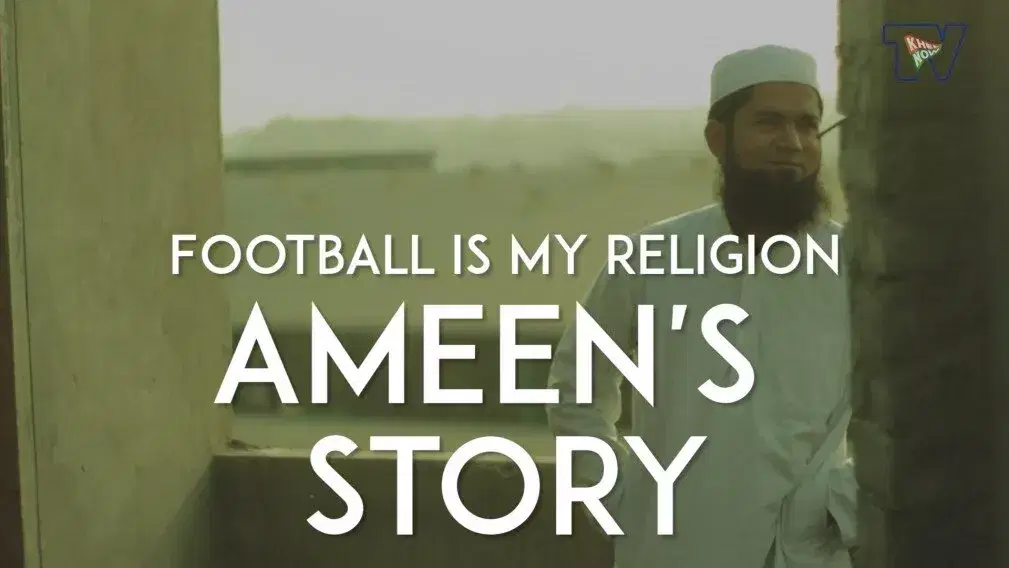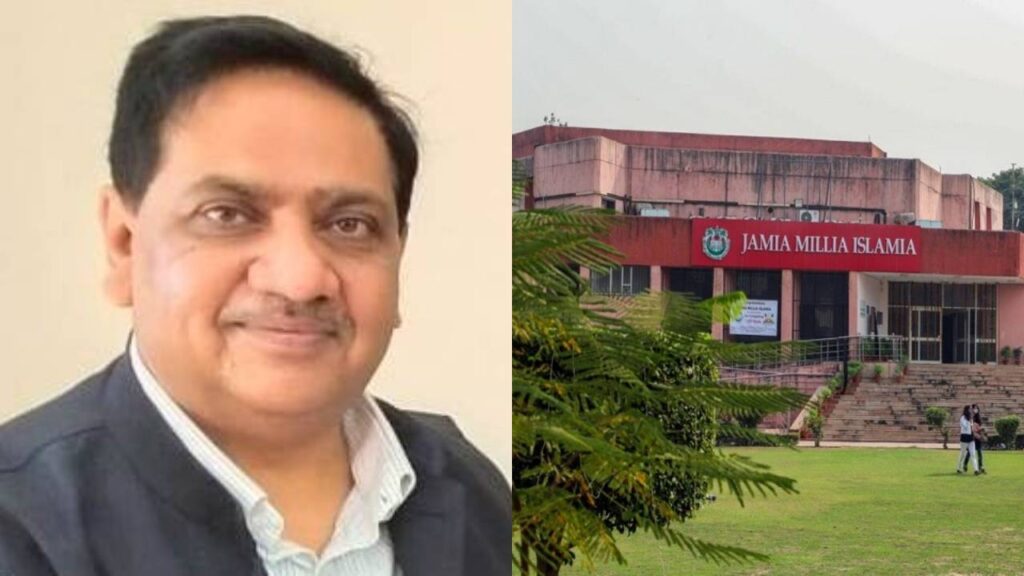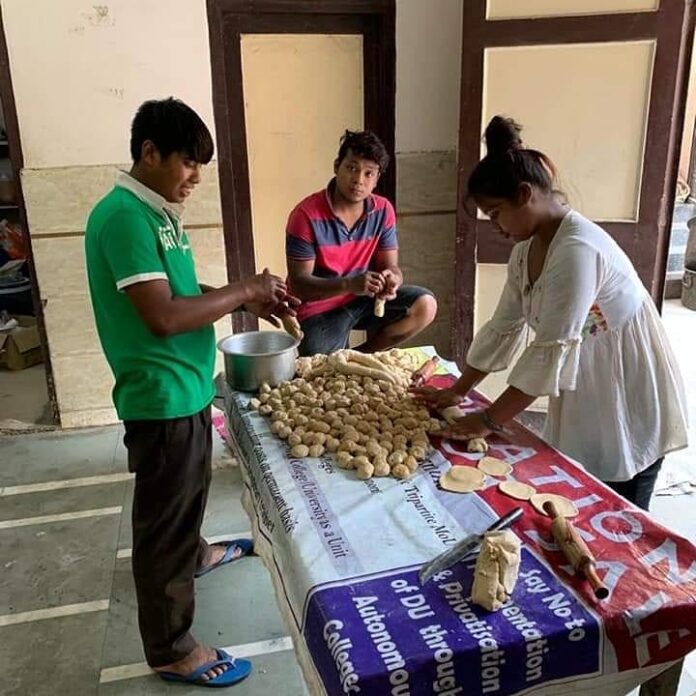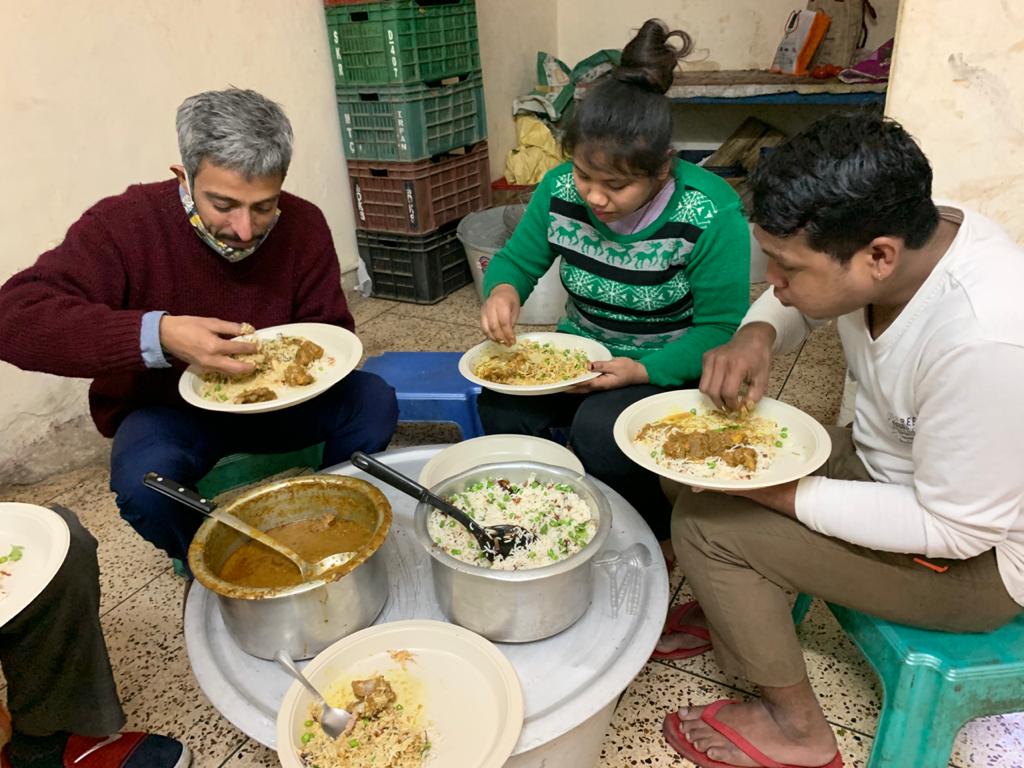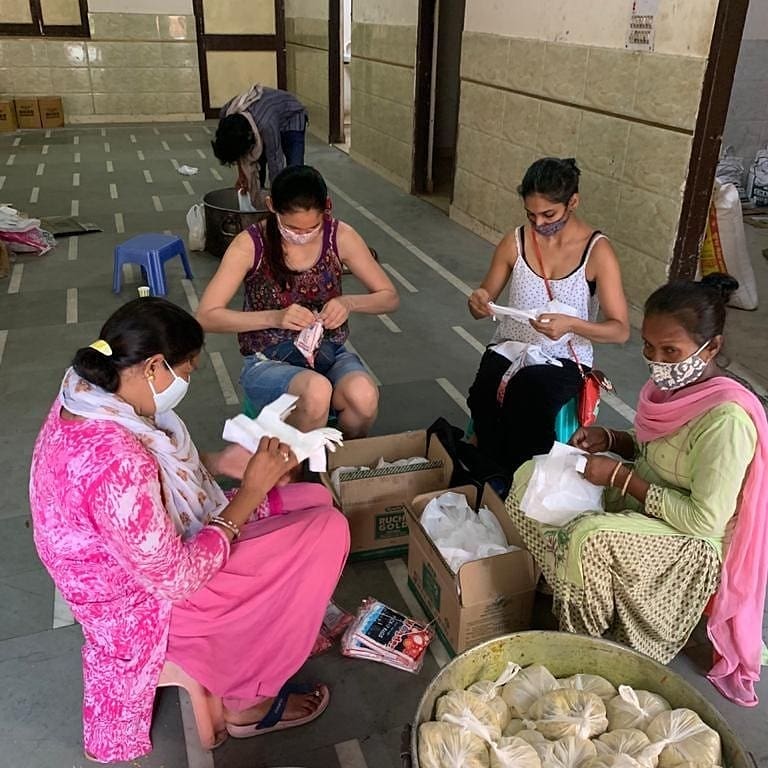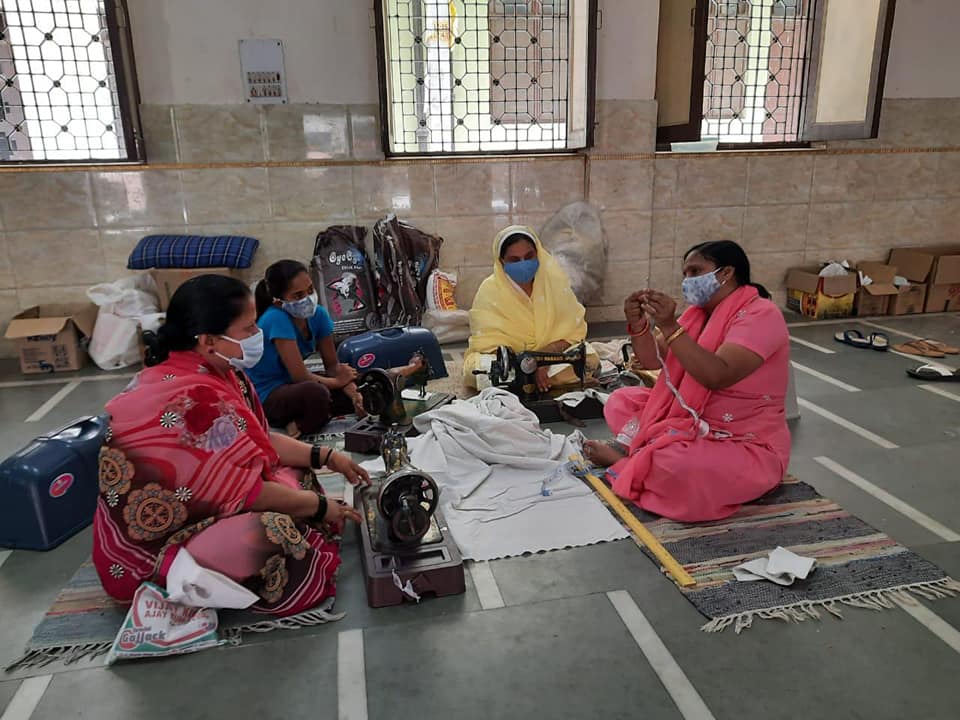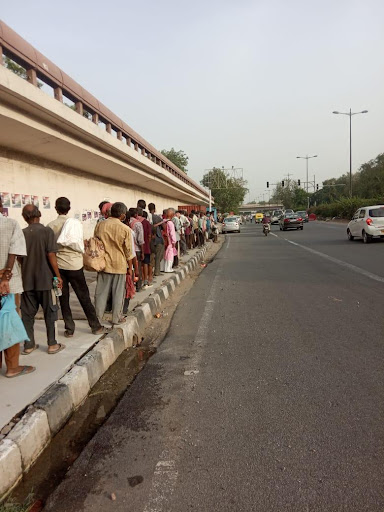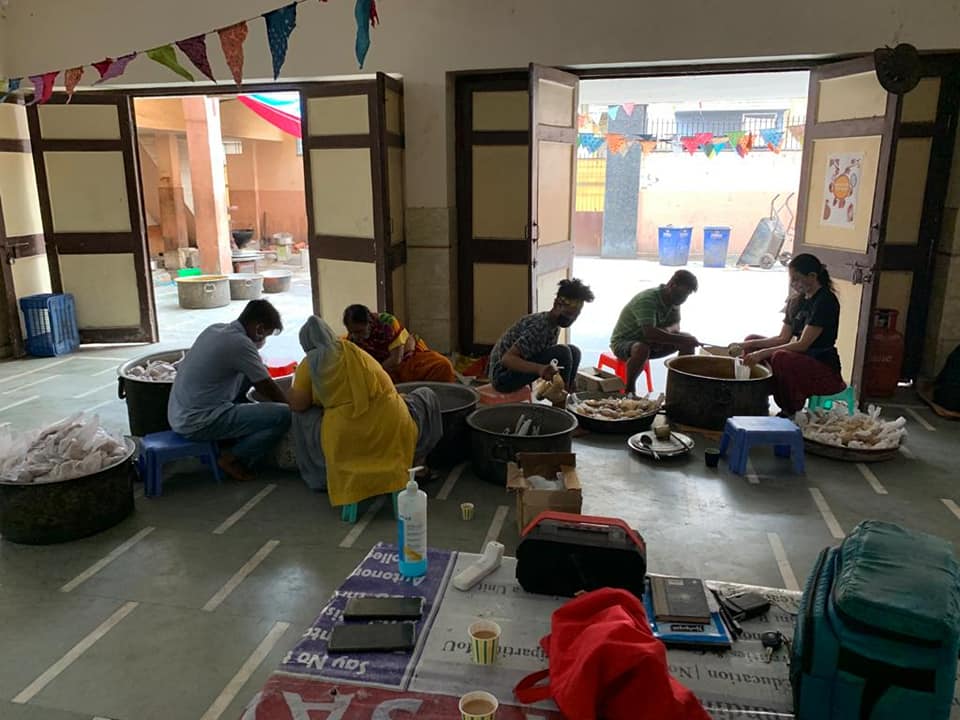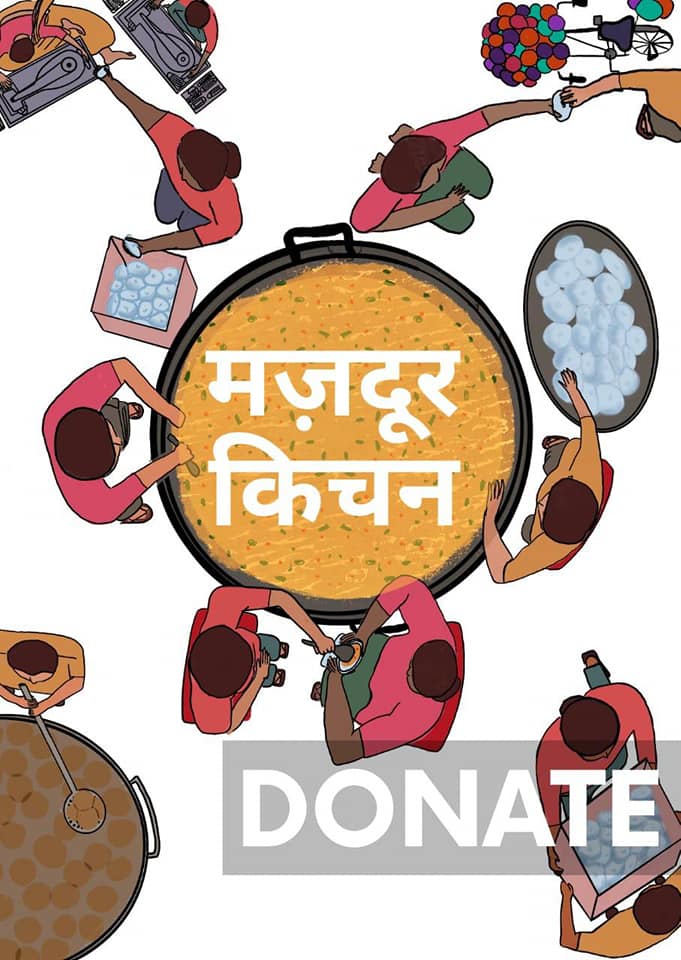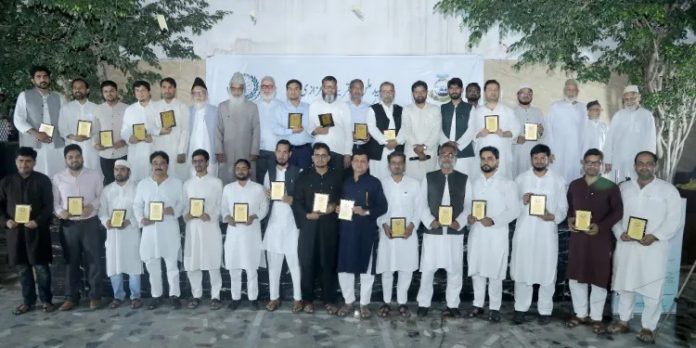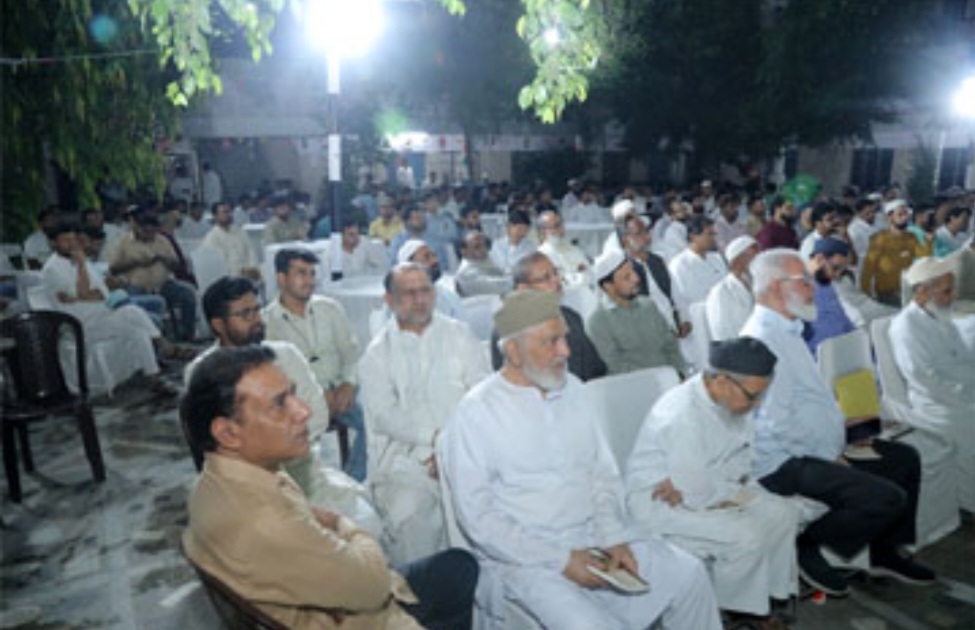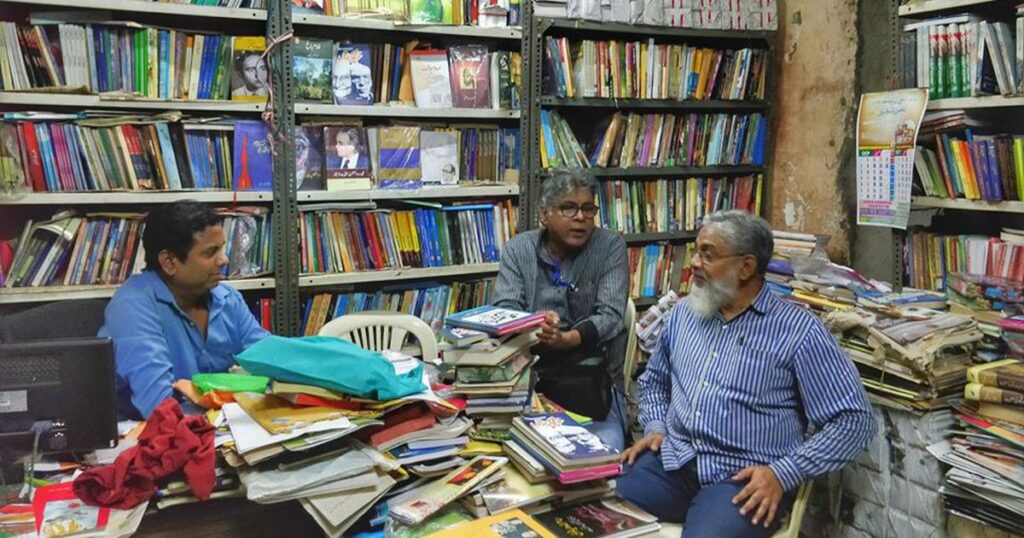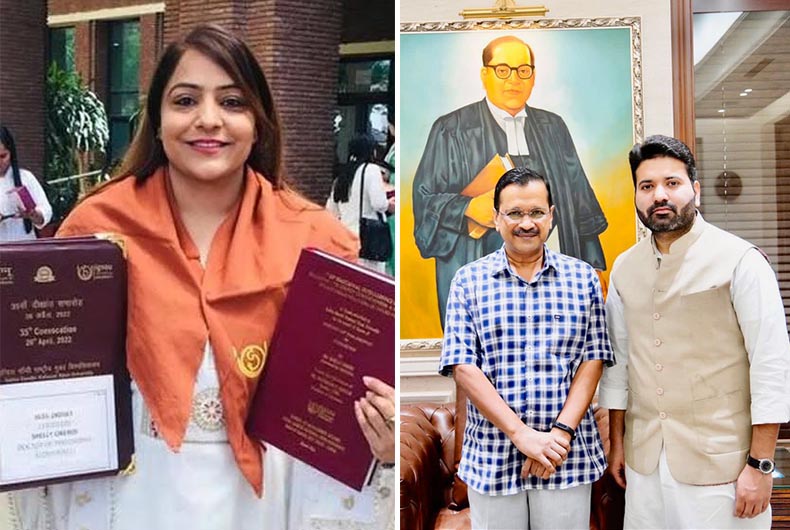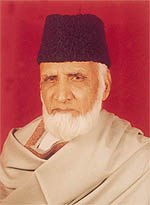
Calligraphy. Aware of this word? Or heard it somewhere? It is an art, now a rare art almost on the brink of extinction. It is an art of writing a decorative language that begins from right to left for instance, Urdu Arabic, Persian, Pashto, Kashmiri and Sindhi.
The art, ‘kitabat’ as it is commonly known, owes its origin to a period before the Mughal reign in India. At that time, a town called ‘Bayana’ in Rajasthan had an entire mohalla, ‘Katibaan’ (meaning calligraphers who write books only), whose residents’ vocation was calligraphy. The art saw its golden times during the Mughal era.
Emperors Babar, Jahangir, Darashikoh, Alamgir, Aurangzeb and the last Emperor-in-exile Bahadur Shah Zafar were not only experts in calligraphy but they also ordered that it was a must-learn art, an order that was first carried out in their own homes.
It is also said that Aurangzeb brought home the bacon by writing the Quran in calligraphy. Once, when his aging wife requested him to keep a maid for her, as she was unable to do the household chores alone, the emperor was believed to have replied, “How do you expect me to hire a maid for you with such a low income?”
For the people hailing from the upper strata, learning this art or ‘funne khattati’ was considered a proud privilege. They would use the language primarily for writing beautiful, artistic letters to their near and dear ones and also for incorporating this skill in various other forms of art.
Once, Muradabad was also considered a hub for calligraphic works for it had various printing houses for the purpose.
The art was used later to write books of literature and religion by various calligraphers, so also epitaphs and engraved writings on the monuments all over the world. On the three gates of the wonder of the world, the Taj Mahal, Surah Yaseen (a surah, which is considered as the heart of the Quran) is inscribed in splendid calligraphy. Similarly, in all monuments, which are a remarkable example of Mughal architecture, calligraphy in the form of writings on its various facets can be witnessed till today. These calligraphers were invited from different parts of the world. Most of them find their names mentioned at the end of their creation in all these structures.
Earlier, several pens or ‘kalam’ of 7–8 inches with different width, made up of wood and ‘sarkanda’ (cow dung) were used to write artistically. Its ink too was home-made. Kanpur was considered to be the hub for such ink-making, where it was a small scale industry. As the art saw new developments, so did its pens. Now, America and China are the main pen nib makers and Germany has replaced the wood pen with steel one.
The art started witnessing its decline in early 90s, when it was learnt that China and Pakistan had created a software that would replace the art to merely a mechanical work and render many jobless. The threat has come true in many aspects. Sadly enough despite having a glorious history, this legendary art is dying a slow death.
Seventy-nine-year-old Syed Manzoor Uddin is a renowned name in the field, who has to his credit around 600 books written on history, literature, prose, poetry and religion in Urdu, Arabic, Persian, Sindhi, Pashto and Kashmiri and who has countless works done and distributed in Bahrain, Sharjah, Dubai, Pakistan, Iran and Turkey. He says, “In the days of yore, a ‘khushnavees’ (calligrapher) would be awarded even a palace by the kings and queens for their work in the field. Now, those who want some work to be done in calligraphic style, refuse to pay even Rs 25 for such an arduous work.”
Syed Manzoor has written coronation/invitation, (sahra) for the Shah of Iran, rare letters of the world’s who’s who, addresses of ex-prime ministers of India, and poems for the showman Raj Kapoor’s elder daughter on her wedding and several such works. He has now stopped practising this art. He owes the reason to his age and the invasion of computer that has almost destroyed this art. “I have served the artistry for more than five decades. The hopeless times have done a great injustice to this rare writing form. Now, I don’t feel like working,” he reasons.
With the onset of computers, the art has suffered a setback mainly because the computers do not have softwares that could parallel the manual skill. Moreover, the graphic designers mainly do not have a good command of Urdu. Hence, the work they do on the computer is full of grammatical mistakes, Syed Manzoor observes.
Unfortunately, for such an art, there is no recognition in the form of any award. Most awards instituted by one or the other organisations, have now been withdrawn.
Take for example, the Information and Broadcasting Unit of Press Trust of India had a National Award for printers and designers that included calligraphers also. But the practice saw its last year in 1988.
Similarly, Ghalib Institute also had an award for the same and 15 years back this award was also withdrawn.
The Urdu Academy, however, still gives an award in this category that carries a citation and Rs 11,000. This year it is awarding, Mohd Yusuf, a calligrapher of repute though his work does not diversify in other languages as of Syed Manzoor.
An ailing and aged Mohd. Yusuf, who did India proud through many of his works, is now living in penury with his several family members in a small room, enough only for two men in old Delhi. While many calligraphers, for whom it was the only source of earning sometime back, now sit on pavements in the vicinity of Jama Masjid and get just a measly amount for their labour of love.
The art of calligraphy has mainly suffered because of lack of promoters. “Only in last November, the Ministry of Human Resource and Development had organised an Urdu Kitab Mela at Lal Qila ground. It turned out to be a major fiasco for this form of art. Even the rent for the ground, Rs 3,000, could not be recovered in the 11-day fete. Only two persons turned up all these days. And they too thought that a sum of Rs 25 was high for getting their names written in a calligraphic style. Even someone from the famous Rajshri Production bargained for a rare pen, used in the art and managed to buy it for just Rs 3,” recalls Syed Salahuddin, the disciple and son of Syed Manzoor.
Here, slogans were shouted against Mr Hamidullah Bhatt of Qaumi Council, who was blamed for not doing enough publicity for an art though he received a package for it. The condition of dying art was witnessed at the fete by Civil Aviation Minister Shahnawaz, Chief Minister Sheila Dikshit and HRD minister M M Joshi.
Salahuddin asks, “When a doctor can be awarded for operating upon the Prime Minister. There is an award for Hussain’s brush; even for a best citizen. Then why not for a calligrapher? Why not my father and guru, who burnt the midnight oil to prepare 600 books and countless other works for many ministries all over the world. Why can’t he be recognised for his contribution to the art?” Ironically, Salahuddin, who wants to carry forward this artistic legacy, finds no sponsors for it. He also tries hard to get an award for his aged father from the government.
Although a few organisations and individuals are doing some work in the domain, that is not sufficient. For example, Urdu Academy still provides a two-year course on calligraphy that includes computer calligraphy in its second year. While in the first year, the manual expertise in the Urdu language and design is taught so that they do not commit errors that today’s so-called computer calligraphers are committing. But, unfortunately the learners there come only from the aged and financially week backgrounds, who learn the art only to make fast bucks. In fact, the academy pays a scholarship of Rs 150 to teach this art!
“I see several grammatical and other mistakes in Urdu newspapers and names of roads, lanes, bazaars in Urdu are mostly wrong because the language is not known to those who get the work done on computers by inefficient people,” moans Syed Manzoor. However, he is happy about the Urdu software that has come in the market now as he is reminded of what Dr Zakir Husain’s said once, “The language that does not have its type face, dies its own slow death.”
A reputed calligrapher, Anees Siddiqui is known to be compiling a dictionary of calligraphers in India.
The art, however, still needs a helping hand. Will the recognition ever come to the dying art and its artists? Will the proud heritage of India be saved? Only time will tell.
source: http://www.tribuneindia.com / Tribune India / Home> Culture> Artscape / February 22nd, 2002
